Home>Furniture & Design>Bathroom Accessories>Why Does My Bathtub Smell Like Sewage
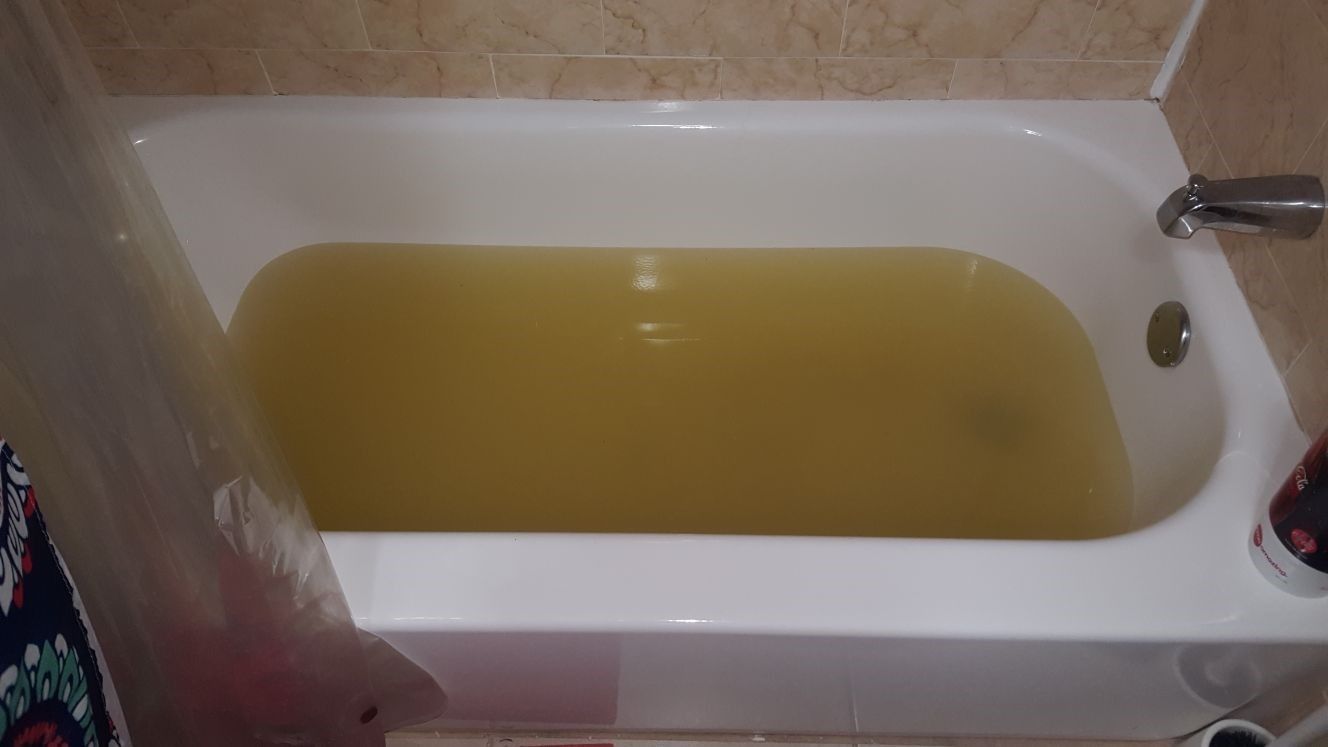

Bathroom Accessories
Why Does My Bathtub Smell Like Sewage
Modified: October 18, 2024
Discover the reasons why your bathtub smells like sewage and how bathroom accessories can help eliminate the unpleasant odor. Find effective solutions now!
(Many of the links in this article redirect to a specific reviewed product. Your purchase of these products through affiliate links helps to generate commission for Storables.com, at no extra cost. Learn more)
Common Causes of Sewage Smell in Bathtub
Experiencing a sewage smell emanating from your bathtub can be quite unpleasant and concerning. There are several common causes for this issue, and understanding them can help you address the problem effectively. Here are some potential reasons for the sewage smell in your bathtub:
-
Dry P-Trap: The P-trap is a U-shaped pipe located beneath the bathtub drain. Its purpose is to create a water seal that prevents sewer gases from entering your home. If the P-trap dries out due to infrequent use, the water barrier is compromised, allowing foul odors to permeate through the drain.
-
Clogged Drain: Over time, hair, soap scum, and other debris can accumulate in the bathtub drain, leading to a clog. When water becomes trapped in the drain due to the blockage, it can create an environment where bacteria thrive, resulting in a foul odor reminiscent of sewage.
-
Sewer Line Issues: A damaged or deteriorating sewer line can cause sewage odors to back up into your bathtub. Cracks, leaks, or blockages in the sewer line can allow gases to escape and permeate through the drains in your home.
-
Vent Pipe Blockage: The vent pipe on your plumbing system allows sewer gases to escape outside. If the vent pipe becomes blocked by debris, such as leaves or animal nests, the gases may be forced back into your home, leading to unpleasant odors in the bathtub and other fixtures.
-
Bacterial Growth: In some cases, bacterial growth within the plumbing system can produce a sewage-like smell. This can occur when organic matter becomes trapped in the pipes, providing an ideal environment for bacteria to thrive and produce odorous byproducts.
Understanding these common causes of sewage smell in your bathtub is the first step toward addressing the issue. By identifying the source of the odor, you can take appropriate measures to eliminate the unpleasant smell and restore a fresh, clean atmosphere to your bathroom.
Key Takeaways:
- Don’t ignore a sewage smell in your bathtub! It could be due to a dry P-trap, clogged drain, sewer line issues, vent pipe blockage, or bacterial growth. Regular maintenance and DIY solutions can help eliminate the odor.
- If DIY solutions don’t work, call a professional plumber. Persistent odor, multiple fixture odors, structural damage, unexplained water accumulation, and DIY intervention ineffectiveness are signs that you need expert help. Regular professional maintenance can prevent sewage smell issues.
Read more: Why Does My AC Smell Like Vinegar
How to Identify the Source of the Smell
Identifying the source of a sewage smell in your bathtub is crucial for effectively resolving the issue and restoring a pleasant environment to your bathroom. Here are several steps you can take to pinpoint the origin of the unpleasant odor:
-
Check the P-Trap: Begin by inspecting the P-trap beneath your bathtub. Look for any signs of water accumulation within the U-shaped pipe. If the P-trap is dry, it may be the primary culprit behind the sewage smell. Pouring a small amount of water into the drain can help replenish the water seal and eliminate the odor if the dry P-trap is the cause.
-
Inspect the Drain: Examine the bathtub drain for any visible blockages or buildup of hair, soap scum, or other debris. A clogged drain can create an environment conducive to bacterial growth, leading to foul odors. If you notice a significant accumulation of debris, it may be contributing to the sewage smell in your bathtub.
-
Evaluate Other Fixtures: Take note of whether the sewage smell is isolated to the bathtub or if it is present in other fixtures, such as sinks or toilets. If the odor is pervasive throughout your bathroom, it may indicate a more widespread issue within your plumbing system.
-
Consider Vent Pipe Blockage: The vent pipe on your plumbing system allows sewer gases to escape outside. If you suspect a blockage in the vent pipe, it could be forcing odors back into your home. Inspect the vent pipe for any obstructions, such as leaves or animal nests, that may be impeding the proper ventilation of sewer gases.
-
Examine the Sewer Line: If the sewage smell persists and appears to be emanating from the bathtub drain, it may be necessary to inspect the sewer line for potential issues. A damaged or deteriorating sewer line can allow odors to permeate into your home, necessitating professional intervention to address the underlying problem.
By systematically evaluating these potential sources of the sewage smell in your bathtub, you can gain valuable insights into the root cause of the issue. This proactive approach will enable you to make informed decisions regarding the appropriate steps to eliminate the odor and restore a fresh, clean atmosphere to your bathroom.
DIY Solutions for Eliminating Sewage Odor
Addressing a sewage smell in your bathtub can be effectively achieved through a variety of do-it-yourself (DIY) solutions. These approaches can help eliminate the unpleasant odor and restore a fresh, clean atmosphere to your bathroom. Here are several DIY solutions to consider:
-
Flush the Drain: Begin by flushing the bathtub drain with hot water to help dislodge any accumulated debris and remove potential sources of odor. Follow this by pouring a mixture of baking soda and vinegar down the drain. The effervescent reaction can help break down organic matter and eliminate foul odors.
-
Clean the P-Trap: If a dry P-trap is identified as the source of the sewage smell, carefully remove the P-trap and clean it thoroughly. Use a pipe brush or a small bottle brush to scrub away any buildup and ensure the U-shaped pipe is free from debris. After cleaning, reassemble the P-trap and run water to replenish the water seal.
-
Use a Drain Snake: For stubborn clogs contributing to the sewage odor, a drain snake can be employed to remove hair, soap scum, and other obstructions from the drain. Insert the drain snake into the drain opening and rotate it to dislodge and extract the clog, allowing water to flow freely and preventing bacterial growth.
-
Apply Enzyme Cleaners: Enzyme-based cleaners can effectively break down organic matter and eliminate odorous compounds within the plumbing system. Pouring an enzyme cleaner down the bathtub drain and allowing it to sit for the recommended duration can help eradicate the source of the sewage smell.
-
Inspect and Clean Vent Pipes: Ensure that the vent pipes in your plumbing system are free from obstructions. Use a flashlight to inspect the vent pipe opening on the roof and remove any debris, such as leaves or nests, that may be impeding proper ventilation. This can prevent sewer gases from being forced back into your home.
-
Maintain Regular Use: To prevent the P-trap from drying out and causing sewage odors, make a habit of running water in the bathtub and other fixtures regularly. This helps maintain the water seal and prevents sewer gases from entering your home.
By implementing these DIY solutions, you can effectively combat the sewage smell in your bathtub and restore a fresh, clean environment to your bathroom. However, if the odor persists despite these efforts, or if you suspect more complex issues within your plumbing system, it may be necessary to seek professional assistance to address the underlying cause of the problem.
When to Call a Professional Plumber
While many sewage smell issues in bathtubs can be resolved through DIY methods, there are certain circumstances that warrant the expertise of a professional plumber. Recognizing when to seek professional assistance is essential for addressing complex plumbing issues and ensuring the long-term integrity of your home's plumbing system.
Persistent Odor
If the sewage smell in your bathtub persists despite thorough cleaning and DIY interventions, it may indicate an underlying issue that requires professional attention. A persistent odor could be a sign of more complex problems within the plumbing system, such as a damaged sewer line, extensive blockages, or deteriorating components that necessitate professional assessment and repair.
Read more: Why Does My AC Smell Like Pee
Multiple Fixture Odors
When sewage odors are present not only in the bathtub but also in other fixtures, such as sinks, toilets, or showers, it suggests a systemic issue within the plumbing system. This widespread odor distribution may indicate a more extensive problem, such as a compromised main sewer line or ventilation issues, which should be addressed by a qualified plumber to prevent further complications.
Structural Damage
Visible signs of structural damage, such as water stains, mold growth, or damp areas near the bathtub or surrounding walls, may indicate a more severe plumbing issue contributing to the sewage smell. Structural damage often signifies leaks, pipe deterioration, or sewer line issues that require professional expertise to accurately diagnose and repair, safeguarding the structural integrity of your home.
Unexplained Water Accumulation
If you notice unexplained water accumulation around the bathtub or encounter slow drainage despite DIY efforts, it may signify a more intricate plumbing problem. Professional plumbers have the tools and knowledge to conduct thorough inspections, identify hidden issues, and implement targeted solutions to address drainage issues and prevent potential water damage.
DIY Intervention Ineffectiveness
After attempting various DIY solutions without success in eliminating the sewage odor, it is advisable to enlist the services of a professional plumber. A qualified plumber can conduct comprehensive assessments, utilize specialized equipment, and apply advanced techniques to diagnose and resolve persistent sewage smell issues effectively.
Read more: Why Does My Basement Smell Like Sewer
Professional Maintenance and Inspection
Regular professional maintenance and inspection of your plumbing system can help prevent sewage smell issues and identify potential problems before they escalate. Engaging a professional plumber for routine inspections and maintenance can contribute to the long-term health and functionality of your plumbing system, minimizing the likelihood of sewage odor occurrences.
In summary, recognizing the signs that indicate the need for professional plumbing assistance is crucial for addressing complex sewage smell issues in your bathtub. By seeking the expertise of a qualified plumber when necessary, you can ensure the effective resolution of plumbing issues, maintain a healthy and odor-free environment in your home, and safeguard the integrity of your plumbing system.
Frequently Asked Questions about Why Does My Bathtub Smell Like Sewage
Was this page helpful?
At Storables.com, we guarantee accurate and reliable information. Our content, validated by Expert Board Contributors, is crafted following stringent Editorial Policies. We're committed to providing you with well-researched, expert-backed insights for all your informational needs.
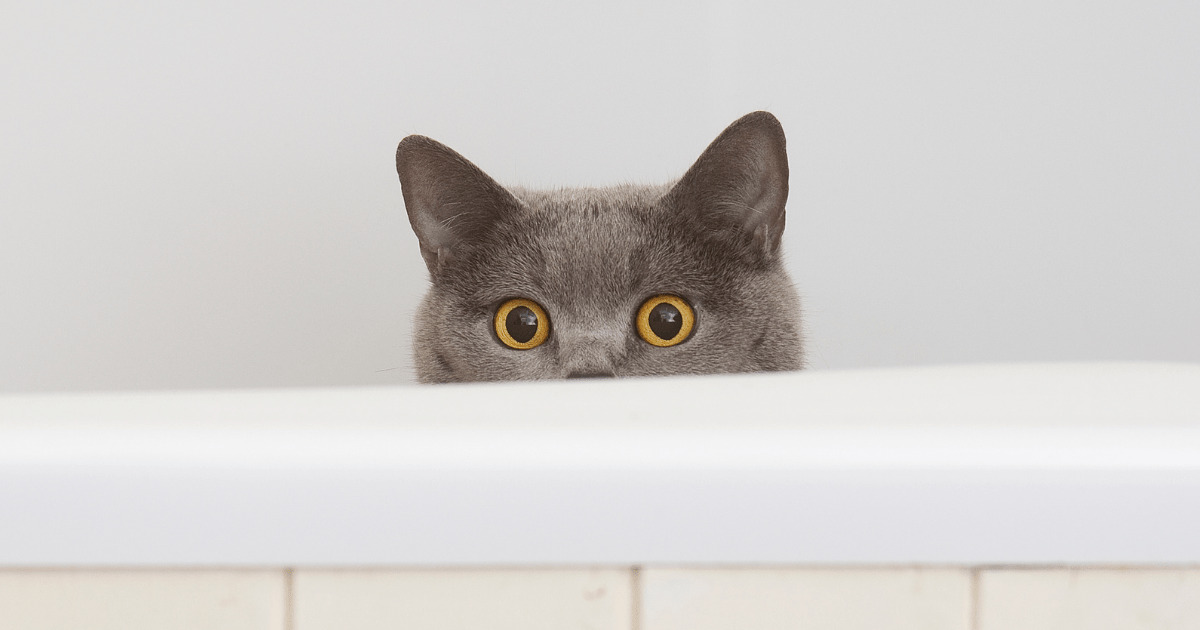
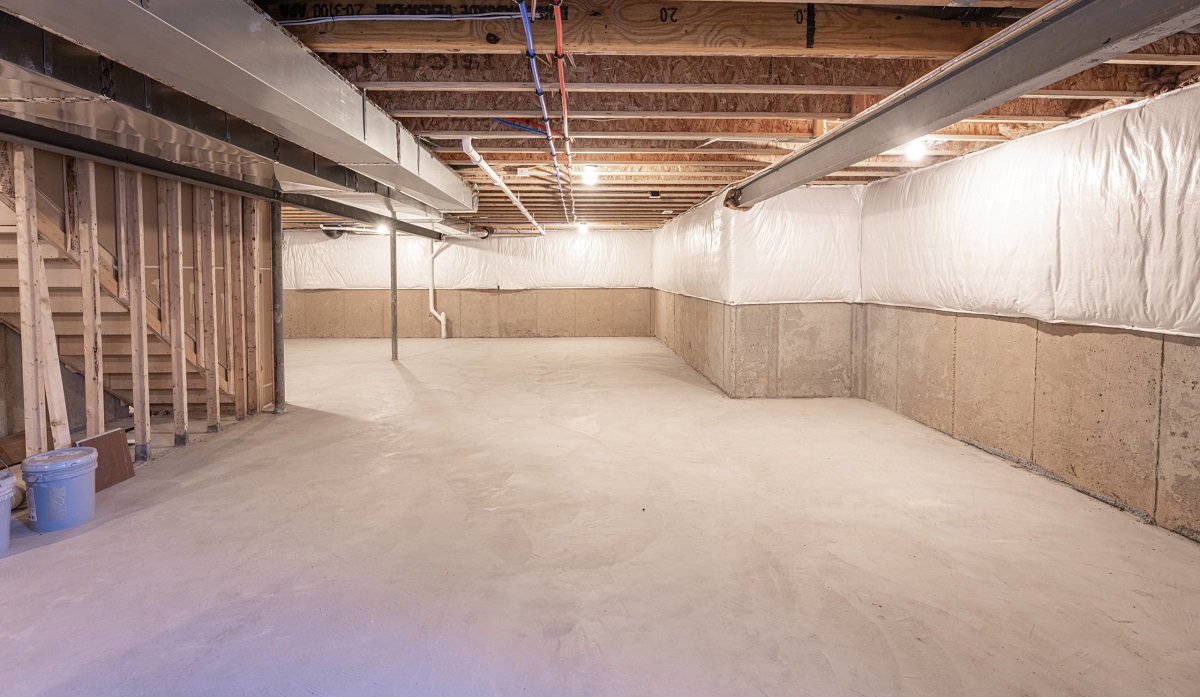
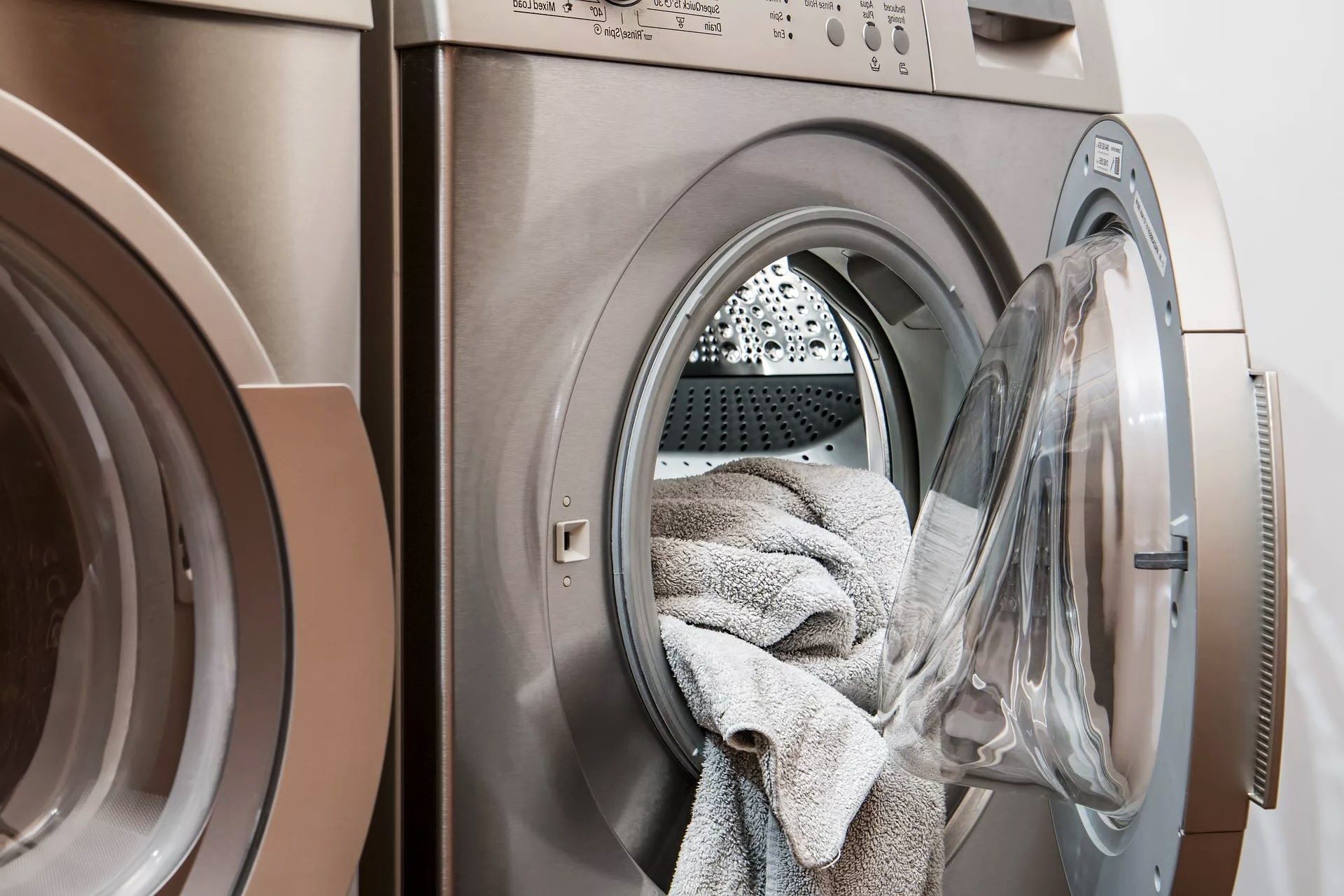

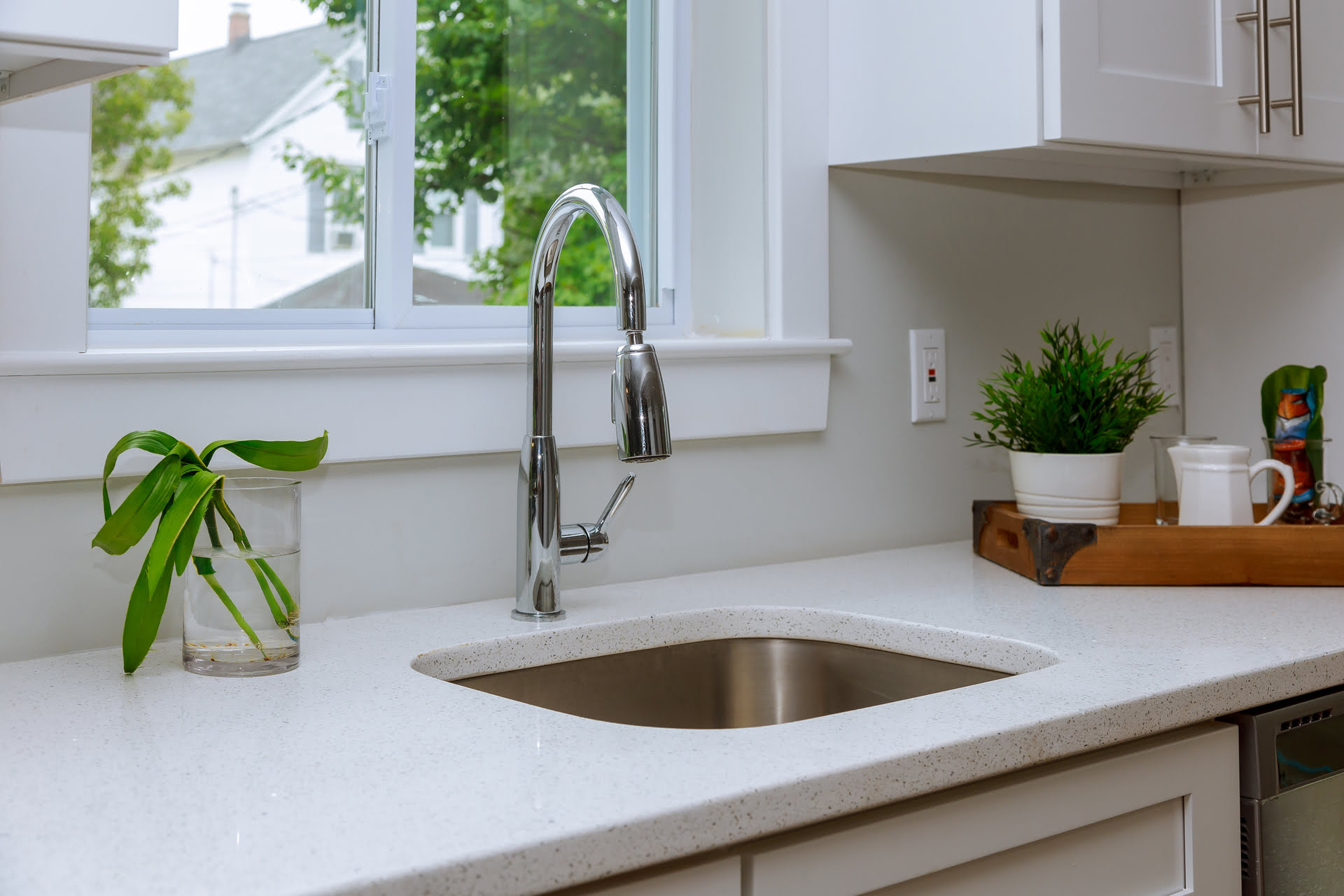


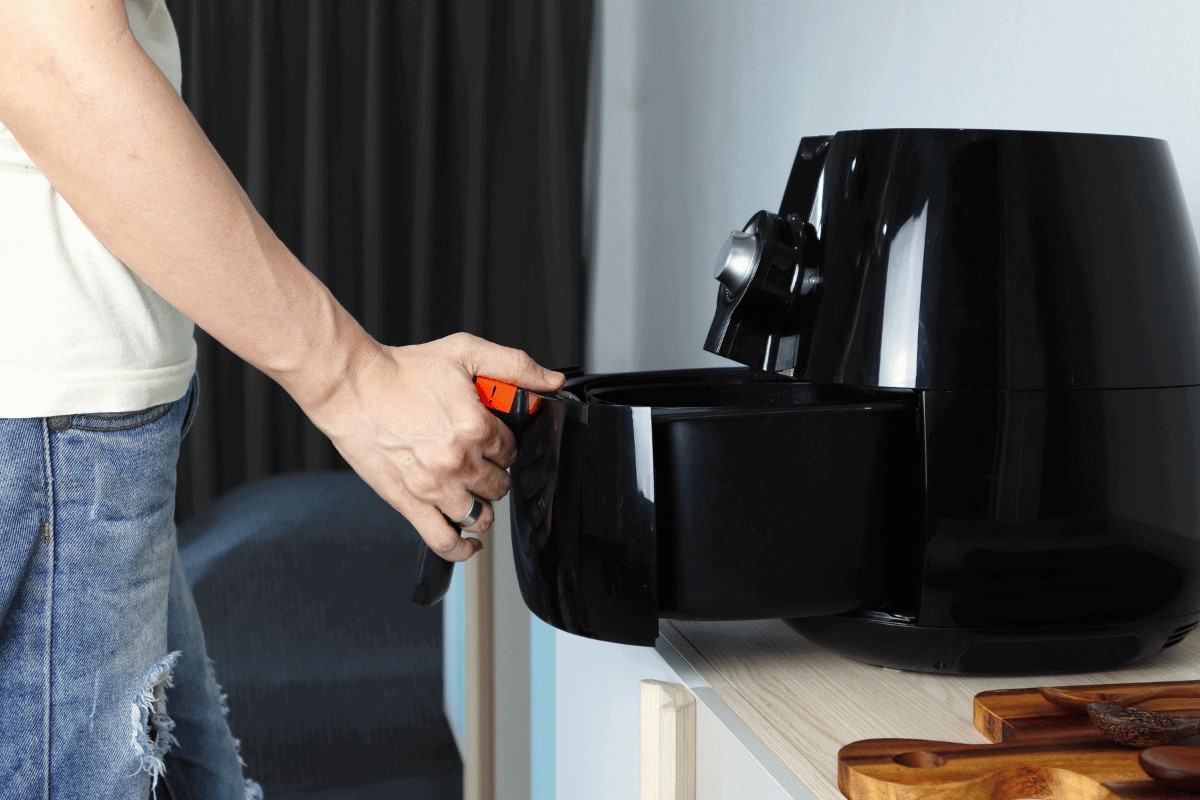
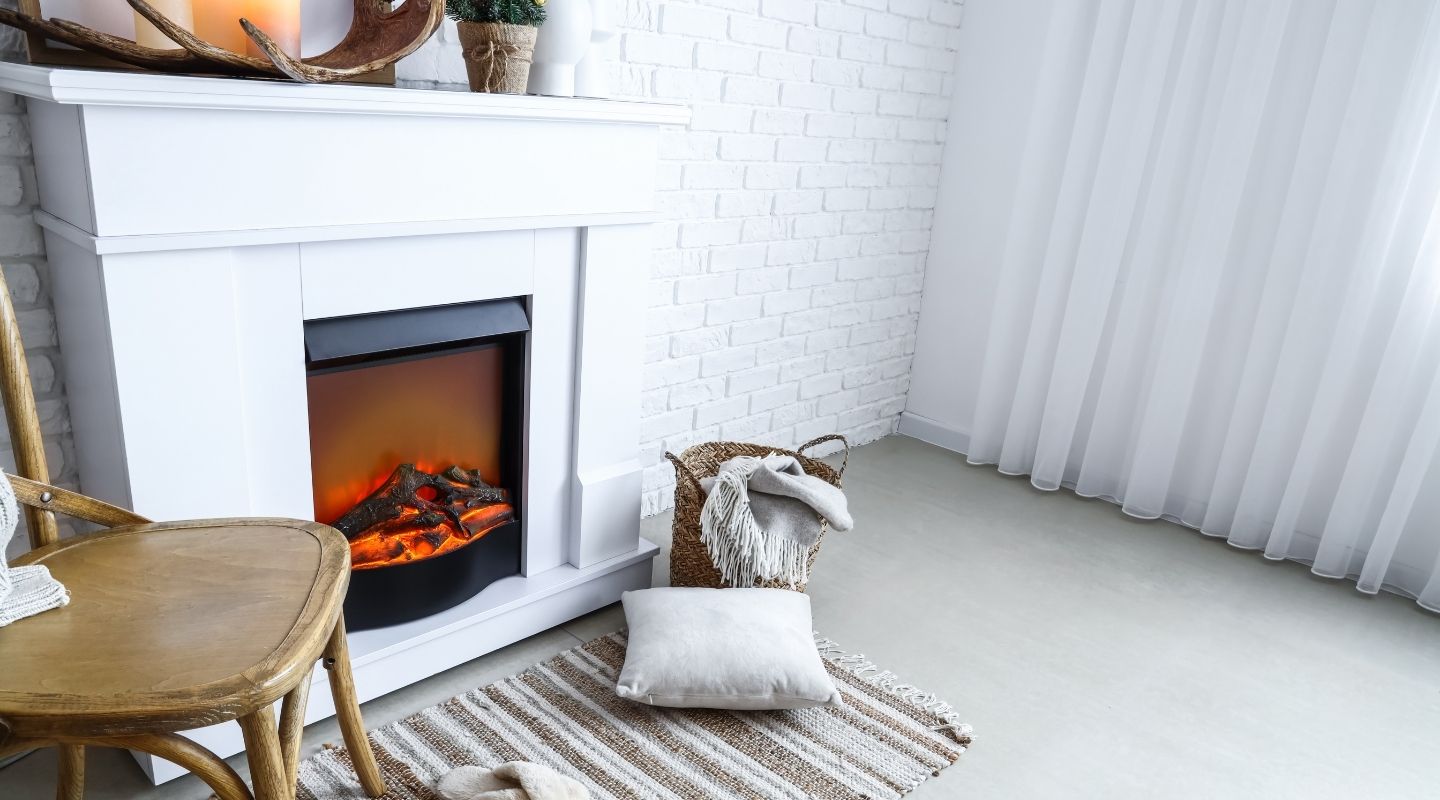
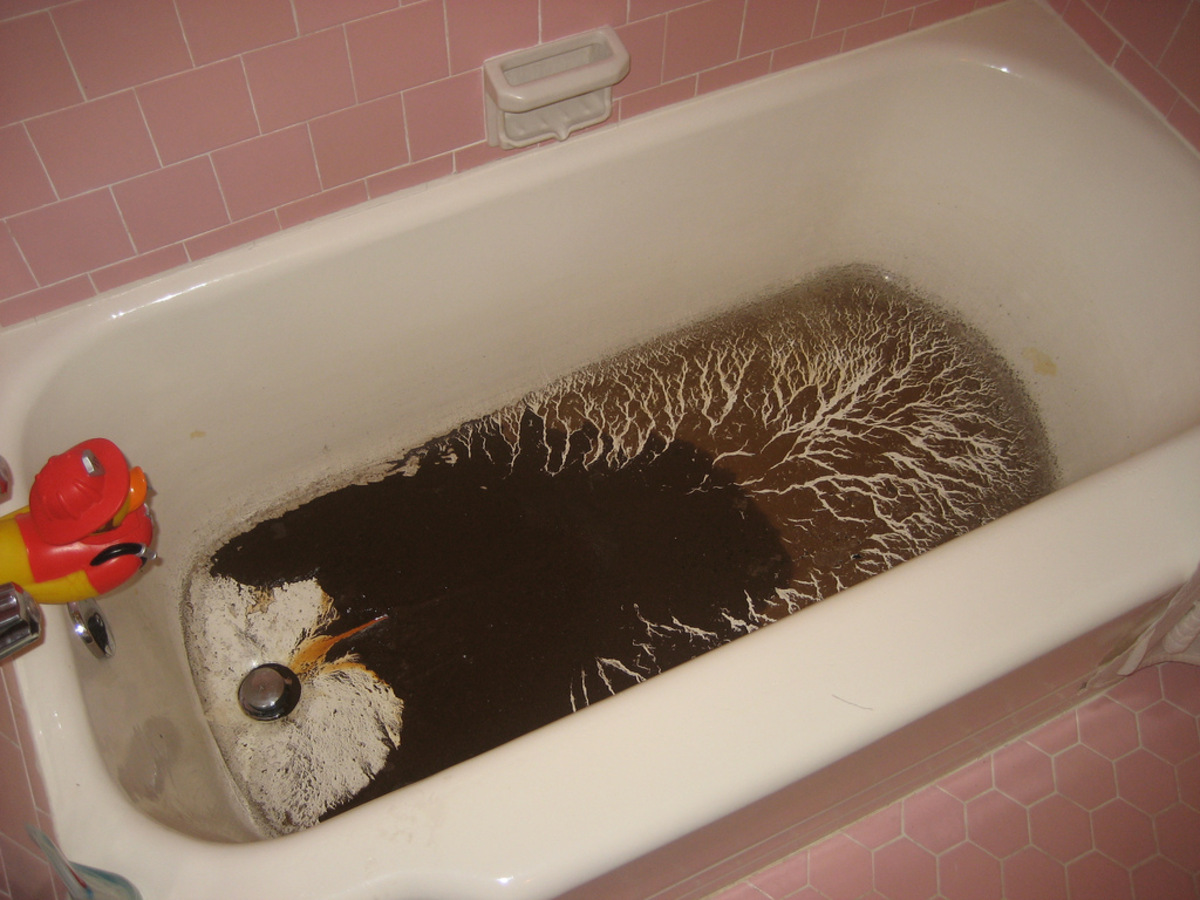
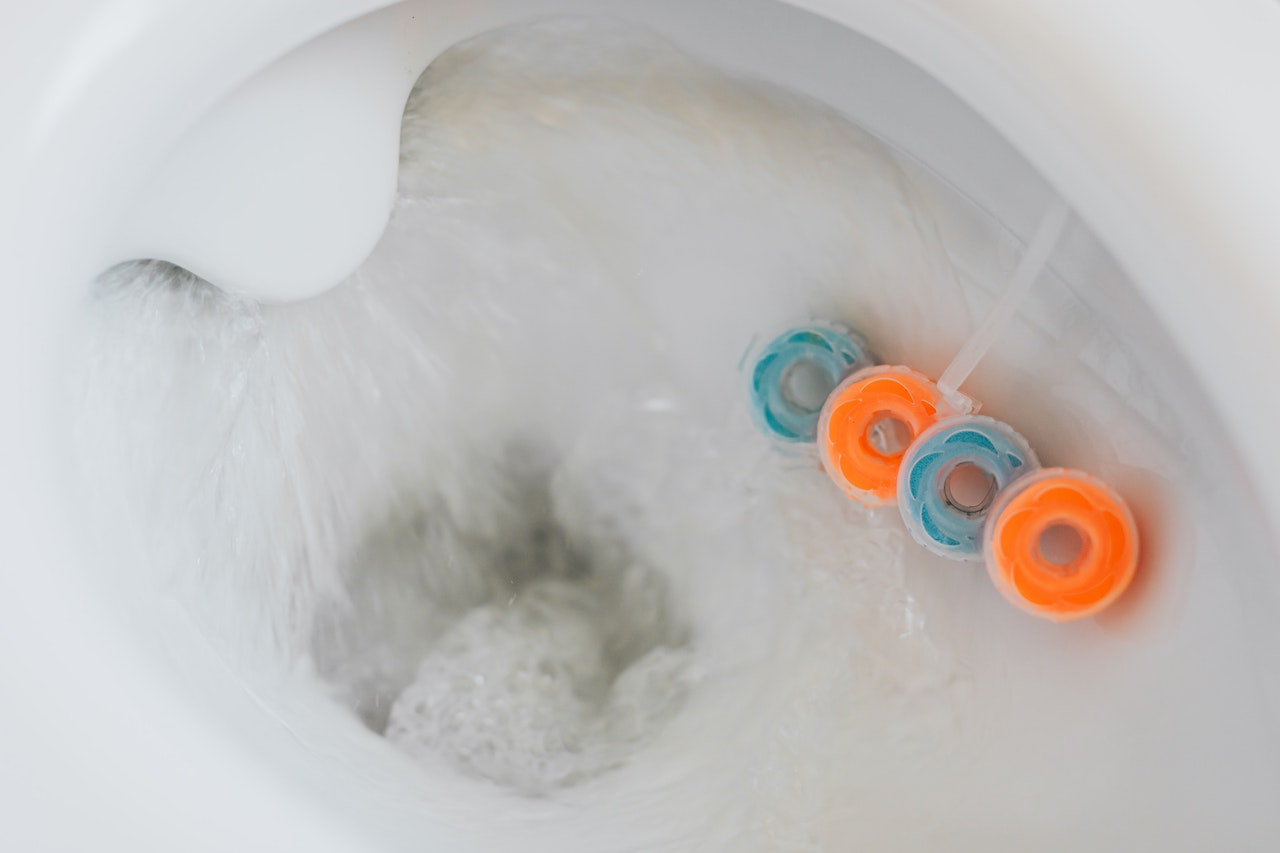
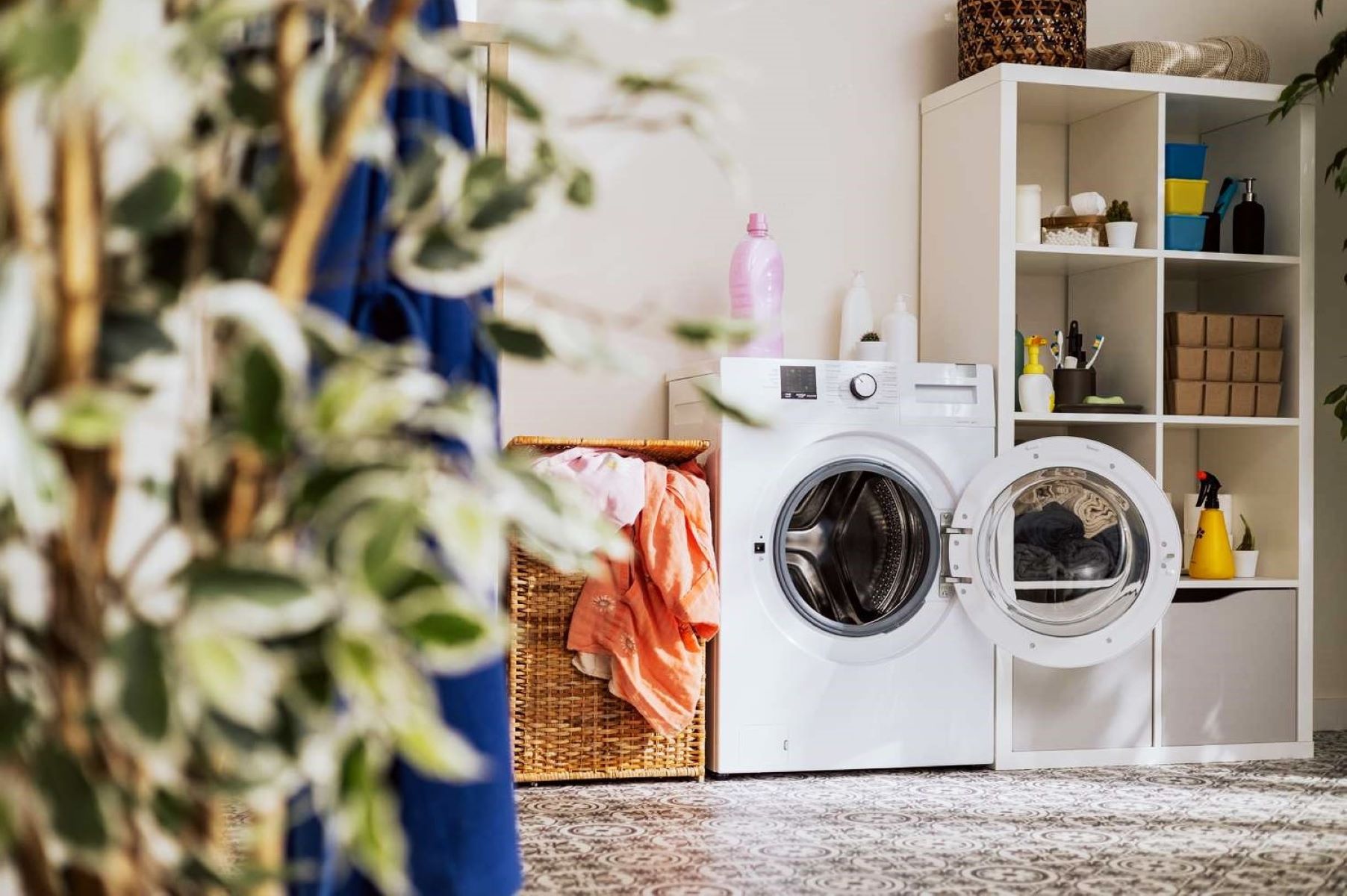
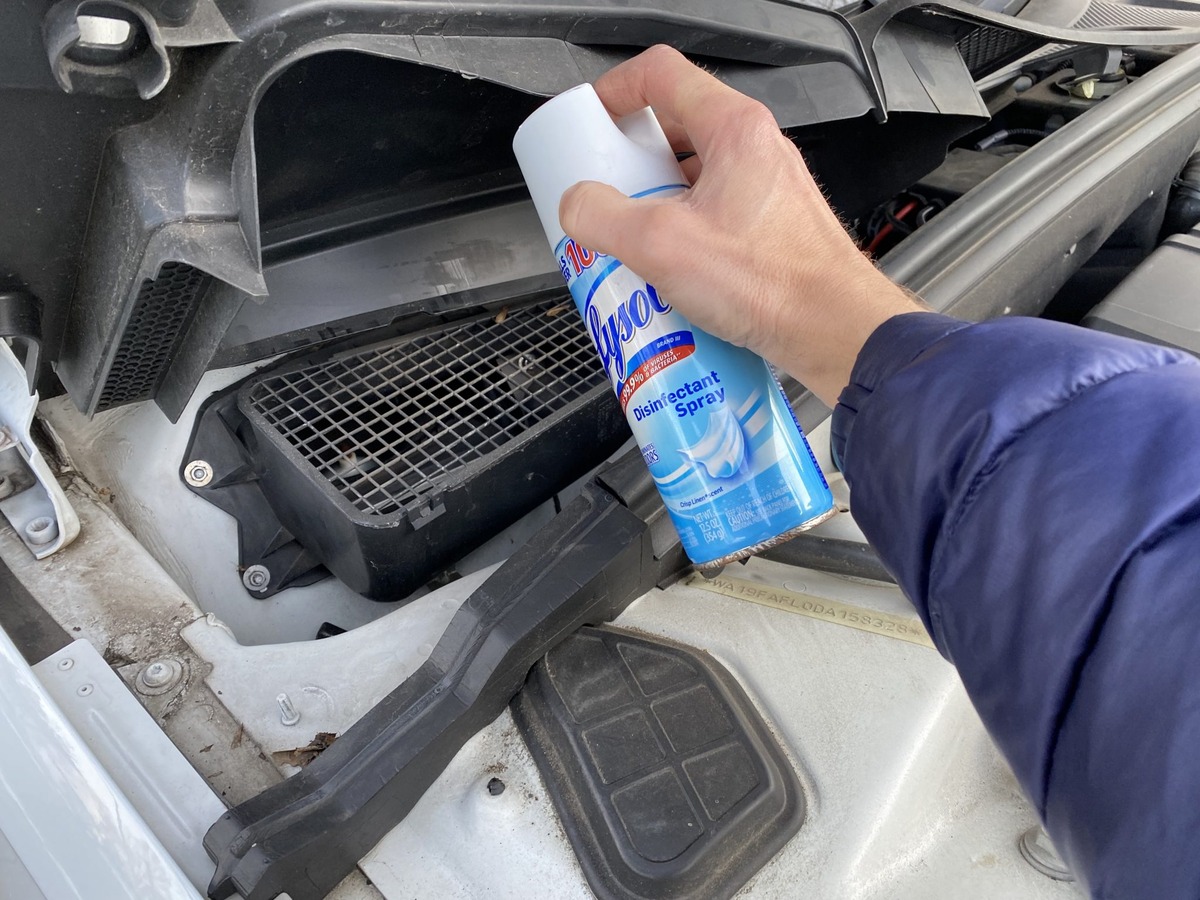

0 thoughts on “Why Does My Bathtub Smell Like Sewage”